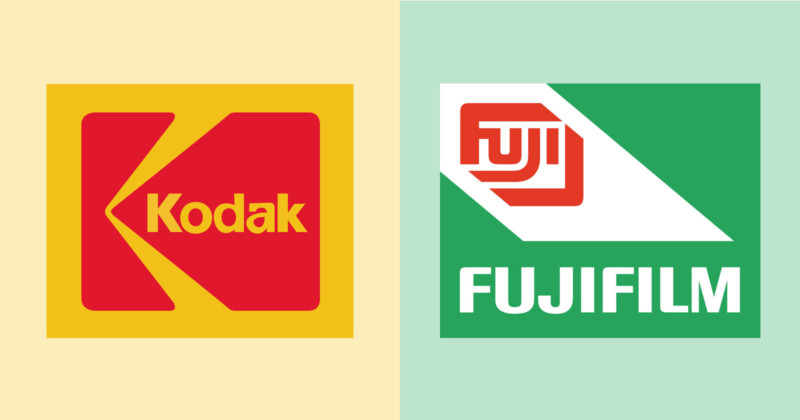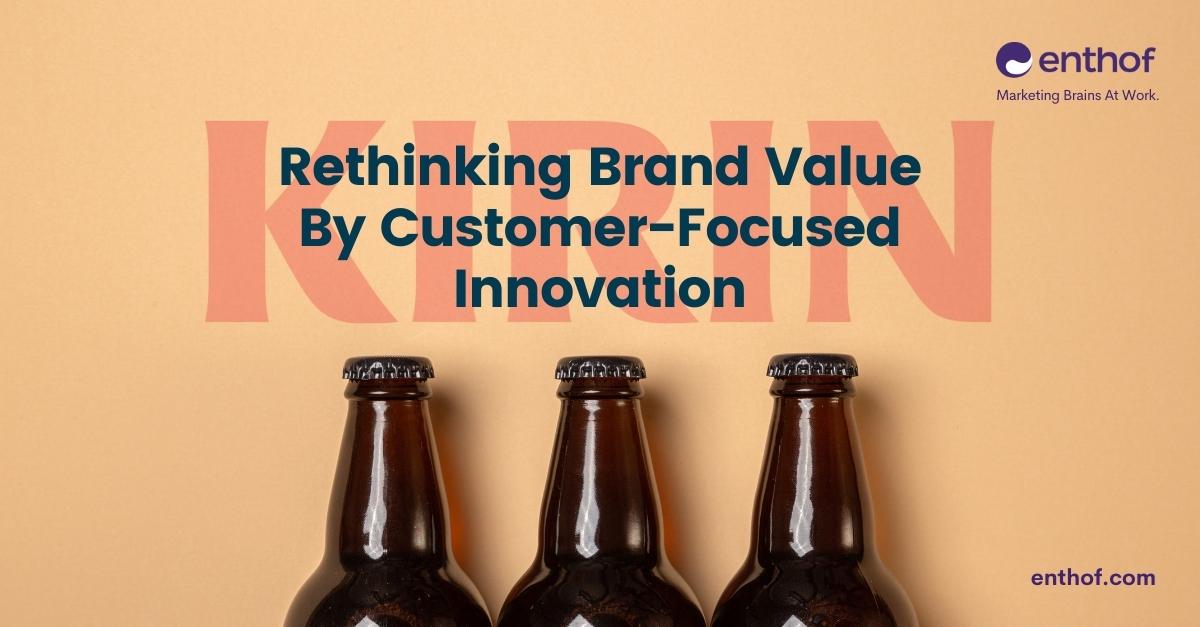In a world that changes quickly and is full of uncertainty, brands need to be driven by what customers want. Brands get new life from new ideas. Innovation helps customers see that a brand is still important. But not every new idea has to be an invention. Some innovations involve coming up with new ways to use old processes and technologies. Innovation is the use of a better idea or method that is new because it is better. The idea or method itself is what makes something an invention. Innovation is different from improvement because it means doing something in a new way, not doing the same thing better.
Taking on the challenge of innovation head-on.
Kirin is a Japanese brewery brand that makes Kirin Lager and Ichiban Shibori, two of the most well-known beers in Japan. Kirin is a big company that does business all over the world, like many Japanese companies like Yamaha. Kirin has investments in more than just brewing. It has investments in restaurants, agribusiness, food, healthcare, pharmaceuticals, and nutrient foods, among other things. Kirin is a part of Mitsubishi, which is an even bigger group of companies.
Kirin is feeling the effects of Japan’s ageing population on its business of making beer. The market for beer in Japan is going down very fast. Since 1994, one-third less beer has been sold in Japan. Coronavirus has also made it harder for people to drink beer because they didn’t go to bars, restaurants, events, or clubs.
Instead of focusing on a business that is losing money, Kirin will use its knowledge of brewing to “turn Kirin into a fermentation biotechnology company,” according to a report in the Financial Times. Fermentation is good for your health, and foods like yoghurt, kimchi, and kombucha already have it in them. Kirin will try new things to meet the health needs of its customers. Fermenting foods is one of the oldest and one of the newest ways to make them even healthier.
The CEO of Kirin told the Financial Times, “If the beer segment would grow forever, it would have been better for us to focus on it because it is very hard to make a challenge in a new business.”
But facing this challenge head-on is a must if you want the Kirin brand to stay alive, well, and important.
One of the worst things about brand management is when people think that what worked yesterday will work today. It doesn’t make sense to do what used to work when the situation is different now. Thinking that a brand’s past successes will lead to its future successes is being inward-looking. The brand doesn’t pay attention to what’s going on now or what could happen in the future. And instead of being happy with the way things are, Kirin is taking steps to change things.
Customers change all the time.
Behaviours can change in an instant if new facts come into play. Just look at how many people want to have food and groceries brought to them. Also, it’s interesting that behaviours can change quickly. Brands like Zoom and Peloton have found that their pandemic highs have turned out to be lows because people’s needs have changed, been reordered, and turned around.
Kodak is the best example of sticking with what worked in the past. There was a time when everyone had a Kodak. Some Kodak moments made us laugh and cry. But Kodak lost its footing when it kept using haloid film when everyone else was switching to digital. Kodak kept making the things it knew how to make instead of making the things people wanted. Kodak fought for the past, but the present beat them. In 2012, the company went bankrupt.

Fuji Film, Kodak’s competitor, focused on the future while Kodak focused on the past. Fuji saw a bigger picture when it came to the choice between digital and film. Fuji didn’t see itself as being in the “film” business. Film is mostly made up of atoms and molecules. Fuji decided to use what it knew about how film works. Scientists at Fuji knew that collagen is the source of the film used in cameras. For skin that looks young, collagen is a big business. Fuji scientists started working on other things besides skin care, such as drugs for Ebola, potions to stop ageing, and stem cell research. The basic science of film helps all of these things.
Fuji thought of new ways to use its scientific knowledge and knowledge of how people want to look and feel good. Fuji didn’t keep focusing on saving haloid film as a defensive measure. Instead, it went on the attack and saw itself as a science company.
Kirin is also doing the same thing. Kirin will use the process of making beer, in which “yeast turns sugars into alcohol,” to make biotech products. Financial Times says that Kirin wants to grow LC-Plasma, a secret ingredient that is used in health drinks. Kirin thinks that drinks and foods made by other companies could use LC-Plasma.
Also, Citicoline is a supplement that Kirin sells. Citicoline is a supplement that is already sold all over the world. In a world where people are getting older, especially in Japan and Europe, this supplement fills a need that is becoming more and more important to customers: remembering.
Deloitte, a global business services company, did a study called “Innovation Study: Beyond the Buzzword.” It found that “higher growth companies spend less time looking inward and more time responding to customer needs.” These companies come up with new ideas based on what their customers want and depend less on “internal operational needs.”
Trying new things is risky. But new ideas can also lead to a lot of success. But it is easier to talk about innovation than to do it. In its “Heard on the Street” column, the Wall Street Journal wrote about tech companies that promise big changes to investors but don’t always deliver. The article warns investors in a subtle way not to be fooled by “seductive” presentations. “Almost every tech company will tell you that it’s changing,” the subheadline says. Don’t believe it until you see it for yourself.” For example, former Twitter CEO and co-founder Jack Dorsey said he was leaving because he wanted Twitter to change. Even though the new CEO said things would change, nothing has changed.
Brands will stay relevant and competitive as long as they come up with new ideas. Nothing is more powerful than a new idea that works. But it takes courage to be creative and innovative.
Brand management that doesn’t try new things is a death wish.
In a world that is always changing and getting more competitive, brands need to keep innovating based on what their customers want. Innovation creates new value for customers by finding ways to meet new needs, unstated needs, or old needs in new ways. Improving constantly is a must for any brand business. Innovation keeps brands relevant, sets them apart, and keeps them in people’s minds. For high-quality revenue growth that leads to long-term, profitable growth, you have to keep coming up with new ideas.
Even though big changes like the ones Kirin is trying to make can be risky, throwing money at things that worked yesterday is a huge mistake. Fortune smiles on the brave.

